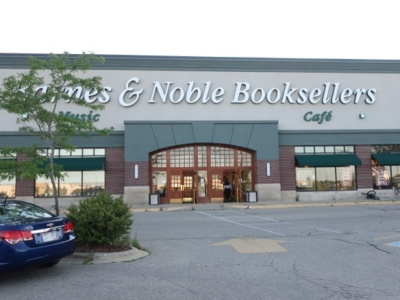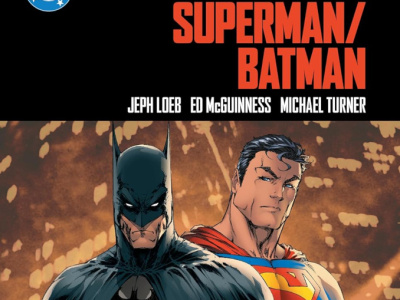The increasing importance of graphic novels in traditional bookstores can be gauged by the increasing amount of coverage that they are receiving in the trade journal Publisher's Weekly. Consider the current issue of PW, which has a major article explaining manga and anime to bookstore owners. Dark Horse, Viz, CPM, and Tokyo Pop's major titles are all covered as is the fact that comics make up more than 40% of all book sales in Japan.
As if an illustrated feature on manga wasn't enough, a sidebar story centers on the return of Los Bros. Hernandez' Love & Rockets, while other articles note DC's signing of black writer Alex Simmons to create a 5-part Batman mini-series, the French publisher Humanoids English language graphic novels, and the Alternative Press Expo, better known as APE.
Very little, if any of the information in the PW stories is new to specialty retailers. The importance of the coverage is what it says about sales of comics in the traditional bookstore market. The newsstand market for comics is fading, but there's an excellent chance that mainstream bookstores will increasingly fill the newsstand's traditional role of introducing 'civilians' to comics. The other important insight for specialty shop owners lies in the strong sales figures for books that they may have overlooked like the Nikopol Trilogy from Humanoids. This excellent science fiction series by Enki Bilal first appeared piecemeal in English editions back in the 1980s from Catalan Books. The Catalan versions sold moderately well, but the one volume Humanoids edition of the trilogy has sold over 4,000 hardcovers in the U.S. since January. The attitude of American intellectuals toward comics is changing drastically, and the coverage of comics in Publisher's Weekly is another example of this long awaited change. Retailers who tried and failed to do much with 'deep dish' comics in the past should test the waters again, especially because the graphic novel and trade formats of alternative, European, and Japanese comics allow dealers to bring them in one-at-a-time if necessary and restock after selling out.







